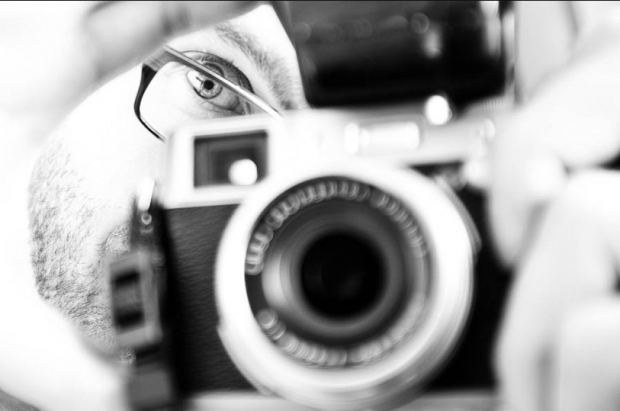
I was browsing Quora the other day, and found an awesome question: What's the benefit of studying photography? At first, I just answered 'Not much'... But then I erased those two words, and let things get a little bit out of hand. Enjoy:
Let's take the first things first: Having a degree in photography doesn't make you a photographer. Taking photos makes you a photographer.
With that out of the way, let me start by answering with an anecdote: I studied Journalism in university, as an undergrad. I have to say, it was the biggest waste of time of my life.
On the flipside, it did give me an 'excuse' to spend a lot of time on other projects. Since I was a 'student', nothing was expected of me - other than being a student- and the three years I spent in Uni were incredibly productive - just not in terms of university work.
After University, I was utterly demoralised, and decided I would never work in journalism again, so I set up as a photographer. I was able to snare a few early client, and ended up doing quite a lot of work as a photographer - some fashion work, some architectural stuff, etc. I also started blogging about photography.
You learn best when you're curious...
As a photographer, I am completely self-taught. As a journalist / writer; well, I do technically have a degree in Journalism, but I wouldn't say that it was useful in any way, shape or form. The academic parts of my degree were interesting from an academic standpoint, but they were completely useless to my career as a journalist. The practical aspects of my degree were so far removed from the real life of a journalist, that they were completely useless.
I think I can very safely say that everything I know about writing and photography, I've learned outside of formal learning - and I guess, given that I currently write about photography for a living, I must have done pretty well at both of them.
Mark Twain said: I never let school get in the way of my education. I think that's a pretty healthy path to take.
By all means; if you're interested in having 'MA' behind your name, do it. If you think you are interested in the academic side, and want to study photography from a historical, or a social point of view, knock yourself out.
If you want to be a photographer? I wouldn't bother with a degree.
You learn to be a photographer by taking photos. Be the best photographer you can be: Start by emulating others. Find your favourite photos on Flickr, and recreate them. Then, add your own slant. Make them better. Make the style yours. Combine, create, develop. Work on the artistic side of your photography (the ideas). Work on the technical side of your photography (turning your ideas into photographs). Work on both at the same time. Keep challenging and pushing yourself.
Once you know how to take good photos, you need connections to be able to do anything with the photos. Whether you want to have fine art exhibition, you want to start selling your pictures to magazines or agencies, etc etc etc, it's all about the connections you're able to make.
Making connections is hard, but it's a skill that's completely unrelated to the photography side of things; so whatever you do, don't do a degree just to make connections. Drop an e-mail to your favourite photography blogger. Go to a local Flickr meetup. Go to small photo gallery openings locally, and start talking to people. Show off your work to anyone who'll take a look, and get some feedback. Talk to people, submit your photos to magazines, get your local pub to hang a couple of your photos on the wall, create a website, get active on DeviantArt, Flickr, etc... Get involved.
Success as a photographer doesn't happen overnight. Hell, it doesn't happen over many nights. I know many extremely talented photographers who never got a break - but to be honest, I also know many mediocre photographers, who believe they should have had their break a long time ago. I don't have the heart to tell them that they've got a long way to go before their work is where it needs to be, in order to break through in an incredibly competitive market.
This is where being self-critical and being able to critique your own work comes in: It's not easy, but it'll be one of the most powerful tools you have available to you.
So... Doing a degree or not? I wouldn't.
But whatever you do... never give up.





